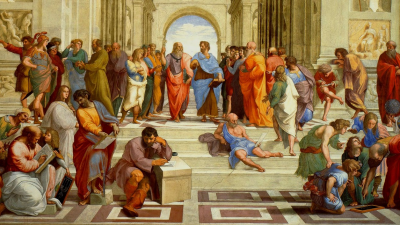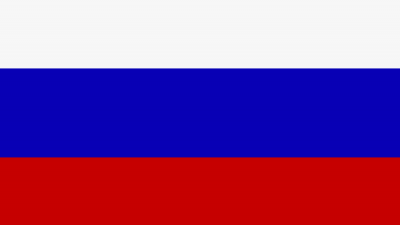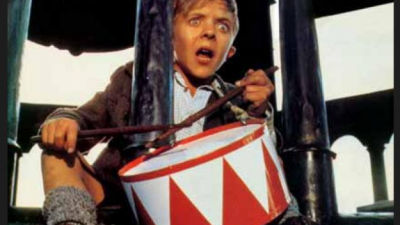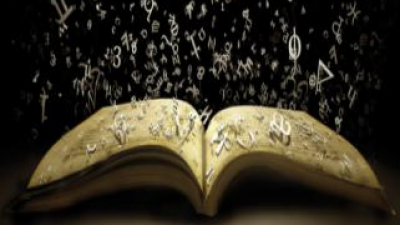The best German writers and philosophers

Source: listas.20minutos.es
In Germany, there have been wars, dictatorships, violence, racism, and injustices, but it has also been a country with great contribution to the arts, great musicians, some filmmakers, and of course writers, here I present a selection (eye are only the which I have read, you can suggest someone else and I gladly add it) from my favorite German writers, by the way, some of the texts are courtesy of wikipedia.org
TOP 33:
Franz Kafka
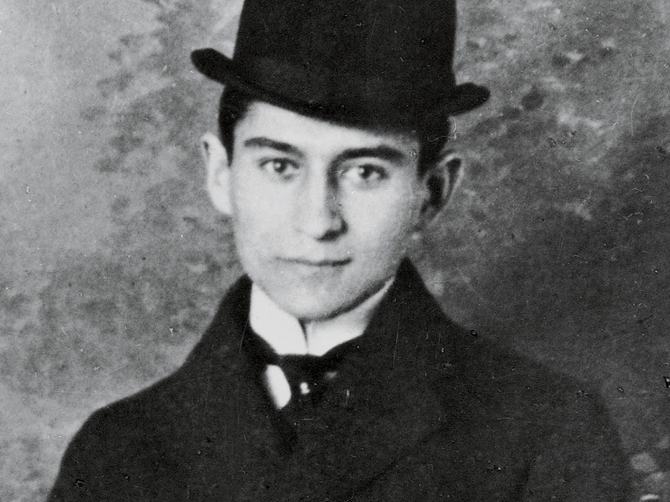
Latin American short stories
TOP 32:
Johann Lambert
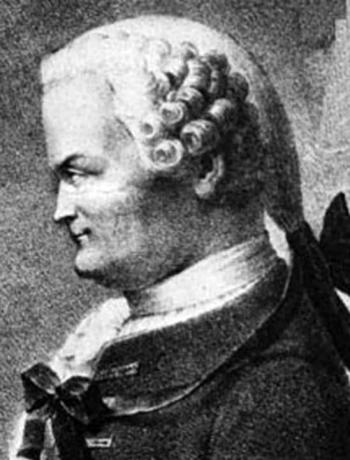
He was a German mathematician, physicist, astronomer and philosopher, showed that the number π was irrational, which closed the possibility of being able to determine an "exact" number (numerical fraction) for this number. He also contributed to the development of hyperbolic geometry.
TOP 31:
August von Schlegel
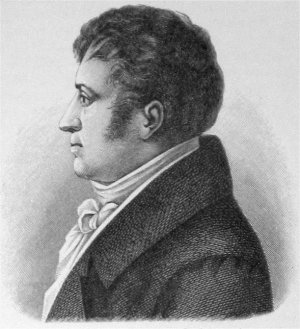
he is considered the initiator of the study of Sanskrit in Germany; published editions of Bhagavadgita and Ramayana translated into German, proposed for the first time a typological classification of languages that would lead to the current binder, insulating, flexible and incorporating languages.
TOP 30:
Friedrich August Wolf.
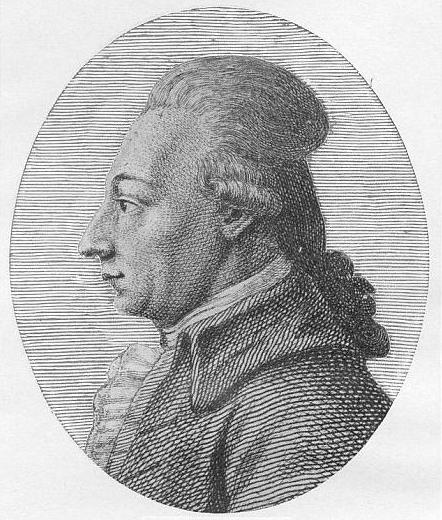
TOP 29:
Gottlob Frege.
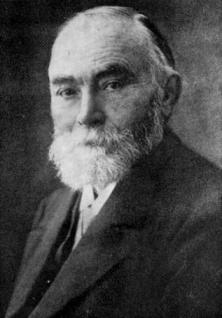
In 1879 he published his revolutionary work Iconography, in which he laid the foundations of modern mathematical logic by initiating a new era in this discipline that had remained virtually unchanged since Aristotle: by introducing a new syntax, including the so-called quantifiers, He was the first to distinguish the formal characterization of logical laws from their semantic content. Once the axiomatic principles of logic were fixed, he undertook the task of building arithmetic on the basis of it. A problem in Frege's revolutionary works is the amount of printed space required by his notation; It was not really until the publication of the Whitehead and Russell Principles that the power of formal logic, in a less extensive notation (but requiring many clustering signs) was appreciable.
TOP 28:
Walter Brugger
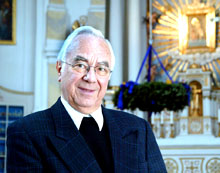
TOP 27:
Friederich von Schlegel.
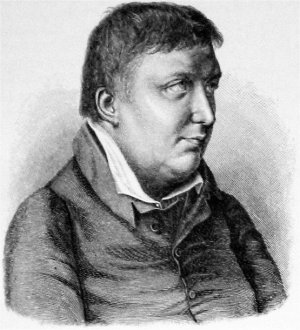
He published his Über die Sprache und Weisheit dern Indier ("On the language and wisdom of the Indians"), where he applies to the Indo-European methodology of comparative philology, in which he is considered a pioneer. Using Sir William Jones' observations on the similarities between Sanskrit and other languages, Latin, Greek and Persian, he proclaimed that India was the cradle of Western civilization. The parallelism between language and race made him speak of the common Aryan race that would have moved to Europe and would have spoken a mother Ursprache of all languages
TOP 26:
Leo strauss
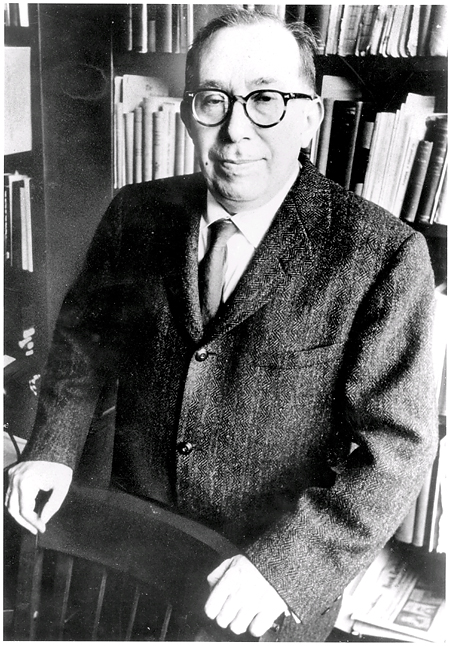
The political philosophy of Leo Strauss can be explained around some fundamental axes that guided his research. One of them is the open and frontal rejection of the historicist way of studying philosophy, according to which ideas are determined by the social and political context. For Strauss, this position is unsustainable, since it implies maintaining that historicism itself is, in itself, false (since it is also determined). At the same time, historicism prevents true dialogue with the authors of the past, who seek to convey ideas. They may be wrong, Strauss says, but to know we must examine their argument from good faith, that is, we must assume that they may be right. Historicism prevents proper reading of past texts. Precisely the art of reading is one of Leo Strauss's contributions to contemporary political philosophy: in his essay The persecution and the art of writing, Strauss exposes his particular method of reading, distinguishing esoteric reading (and writing) from the exoteric Throughout history, and for the most diverse reasons, many authors have had to hide their most intimate thinking behind a conventional facade. They write, therefore, on two levels: much of Strauss' research activity was dedicated to discovering esoteric writing in authors such as Machiavelli, Spinoza or Maimonides. On the other hand, Strauss believes that modernity is characterized by a very deep break with classical thinking, and that it is the duty of the political philosopher to ask about the validity of the philosophical and political premises that gave birth to modernity. Therefore, an important part of his work constitutes a constant and uninterrupted interrogation of the classical texts of Greek, Jewish and Muslim philosophy. Another problem that was the subject of their concerns was the theological-political problem, that is, the relationship between faith and reason. His influence is very vast to this day because he left a large number of disciples who have remained active in public and intellectual life.
TOP 25:
Johann Herder
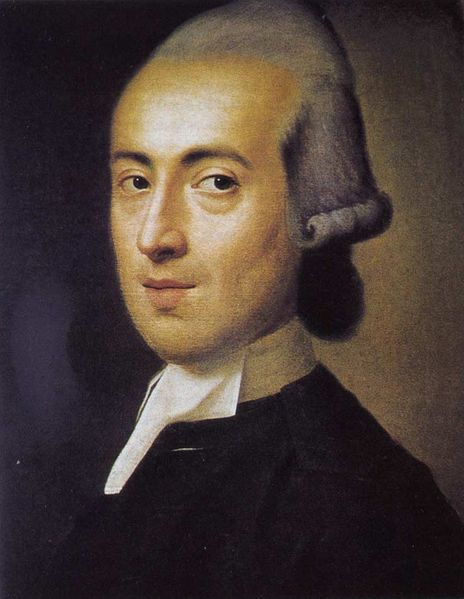
Among the first works of Herder are the Fragments about modern German literature, which advocated the emancipation of German literature from foreign influences. The essays that followed were a song to popular literature, to the poetry of William Shakespeare and Homer and to develop Herder's idea of the spirit of the people, expressed in the language and literature of a nation. The national character of Spanish literature interested him a lot and made a version of the Song of Mine Cid
TOP 24:
Ernst Cassirer.
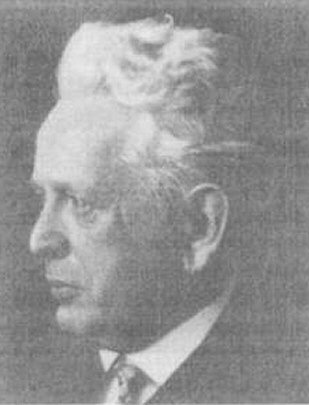
Among his most important works are: Concept of substance and concept of function, Philosophy of symbolic forms, Philosophy of Enlightenment, Kant, life and doctrine, The Myth of the State, and The problem of knowledge, Volumes I-IV.
TOP 23:
Karl Jaspers
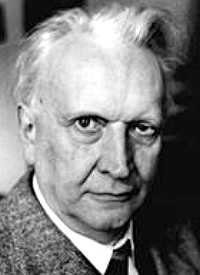
Most commentators associate Jaspers with the philosophy of existentialism, partly because it is widely explained in the roots of the existentialism of Nietzsche and Kierkegaard, and because the subject of individual freedom is a constant in his work. In Philosophy (3 vols, 1932), Jaspers gives his vision of the history of philosophy and introduces its most important themes. Starting with modern science and empiricism, Jaspers points out that when questioning reality we face the limits that a scientific (or empirical) method simply cannot cross. At this point, the individual faces options: sink into resignation or take a leap into what Jaspers calls the 'Transcendence'. By taking this step, individuals confront their own unlimited freedom, which Jaspers calls Existez, and can finally experience authentic existence. Transcendence is, for Jaspers, what exists beyond the world of time and space. Jaspers' formulation of Transcendence as the maximum expression of non-objectivity has led many philosophers to argue that Jaspers became monistic, although Jaspers himself continually emphasized the need to recognize both the concepts of subjectivity and objectivity. Even though he rejected explicit religious doctrines, including the notion of a personal God, Jaspers influenced modern theology through his philosophy of transcendence and the limits of human experience. The traditions of mystical Christianity influenced Jaspers considerably, particularly Meister Eckhart and Nicolás de Cusa. He also showed active interest in the religions of the East, particularly Buddhism. Jaspers also entered into public debates with Rudolf Bultmann, in which Jaspers criticized the "demitologization" of Christianity. Jaspers also wrote extensively about the threat posed to human freedom by modern science and modern political and economic institutions. During World War II he had to leave his teaching position since his wife was Jewish. Once the war was over, he was able to resume his position, and in his work The question of German guilt examined Germany's guilt as a whole in the atrocities committed by Adolf Hitler's Third Reich. Jaspers' most important works, extensive and detailed, can be daunting because of their complexity. His great and last attempt at a systematic philosophy of Existez, called "Von der Wahrheit" (Of the truth), has not yet been translated into other languages, such as English. However, he also wrote shorter, accessible and entertaining works, such as the remarkable philosophy is for anyone. Commentators frequently compare Jaspers' philosophy with that of his contemporary Martin Heidegger. In fact, both sought to explore the meaning of being and existence. While it is true that they maintained a brief friendship, their relationship was distancing, due to Heidegger's sympathy with the National Socialist party and also because of, probably over-sized, philosophical differences between the two. The two most important proponents of phenomenological hermeneutics, Paul Ricoeur (a disciple of Jaspers) and Hans-Georg Gadamer (disciple of Heidegger and successor of Jaspers in Heidelberg) evidenced the influence of Jaspers in their work. Another important work appeared in Philosophy and existence (1938). For Jaspers, the term "existence" (Existez) called the indefinable experience of freedom and possibility; an experience that constitutes the true being of individuals who are aware of "borderline situations" when confronting suffering, conflict, guilt, chance and death.
TOP 22:
ETA Hoffman
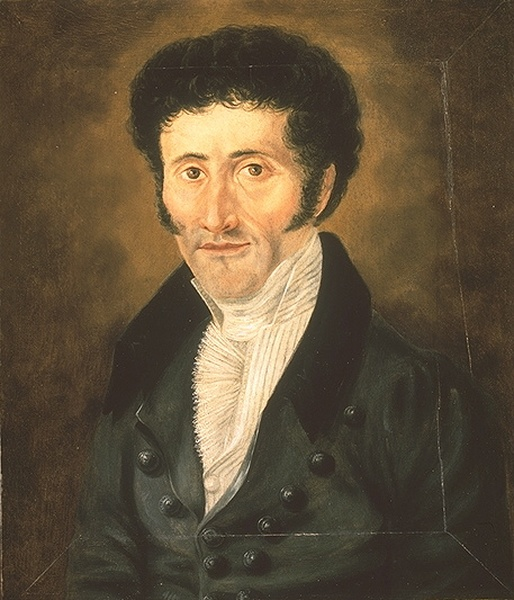
His fictional works, which combine the grotesque and the supernatural with a powerful psychological realism, are among the most influential in the romantic movement. The most famous are perhaps the fantastic stories on which Jacques Offenbach based his opera The stories of Hoffmann (1880) and Léo Delibes his ballet Copelia (1870). His character of Kapellmeister Kreisler also inspired the Kreislerian piano play by German composer Robert Schumann. Likewise, Hoffmann was inspired by the Opera Don Giovanni of his admired Mozart for his complex story Don Juan.
TOP 21:
Heinrich Boll
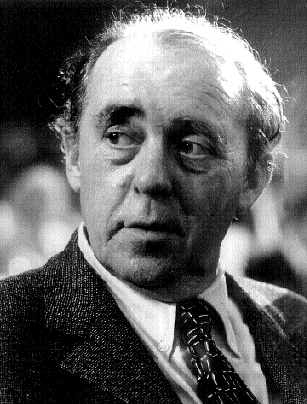
Some of his works are: Billiards at half past nine, Opinions of a clown, Removal, Group portrait with lady, The lost honor of Katharina Blum.
TOP 20:
Michael Ende
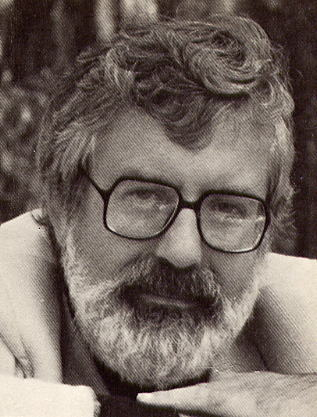
His main works are: Momo, Jim Button and Lucas the Machinist, the endless story, the punch of desires, and the Goggolori.
TOP 19:
Edmund Husserl.
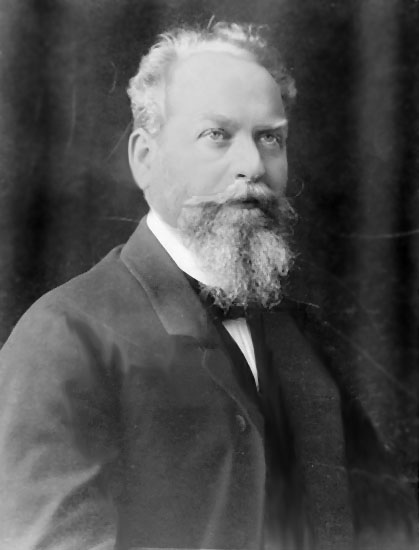
Some of his works are: Phenomenology of the Immanent Time Consciousness, Ideas Relating to a Pure Phenomenology and a Phenomenological Philosophy. Logical Investigations, 4 Volumes, Logical Investigations, 2 Volumes, Formal Logic and Transcendental Logic. Essay of a Critique of Logical Reason, Invitation to Phenomenology, Phenomenology of the British Encyclopedia, Philosophy in the crisis of European humanity, Philosophy as a self-reflection of humanity. Fundamental Problems of Phenomenology
TOP 18:
Wilhelm von Humboldt.
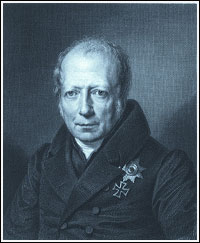
Humboldt was one of the German intellectuals with the greatest and most enduring influence in the culture of his country. If his work is contemplated in relation to that of his brother, Alexander von Humboldt, it will be difficult to find two brothers who have enriched his time with such a research impulse and so much universal knowledge. While Alexander devoted himself, mainly, but not exclusively, to expanding the horizons of knowledge with his studies on nature and geography, Wilhelm dedicated his efforts to letters, focusing his work on problems such as education, theory politics, the analytical study of languages, literature and the arts, in addition to actively working on the reform of the educational system and diplomacy of his nation, Prussia.
TOP 17:
Juergen Habermas.
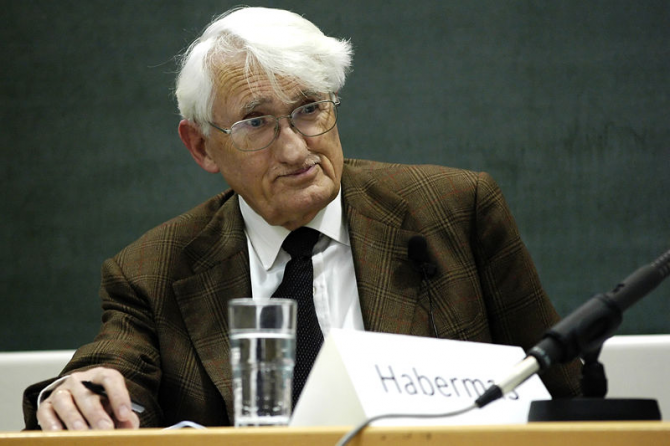
Among his works are: the logic of the social sciences, beyond the national state, debate on political liberalism, truth and justification, and Israel or Athens.
TOP 16:
Gunter Grass
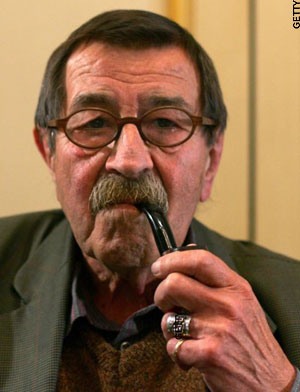
Casubo and German writer and artist, awarded the Prince of Asturias prize for letters in 1999 and the Nobel Prize for literature in the same year. There are many commitments in the fields of art, culture, politics and human rights.
TOP 15:
Gottfried von Leibniz.
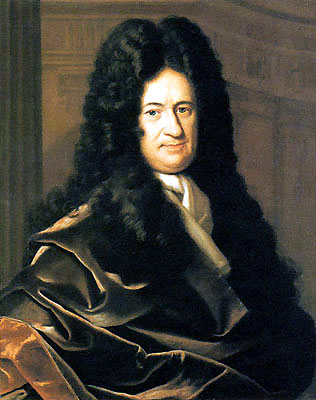
He was one of the great thinkers of the seventeenth and eighteenth century, and is recognized as the "ultimate universal genius." He made deep and important contributions in the areas of metaphysics, epistemology, logic, philosophy of religion, as well as mathematics, physics, geology, jurisprudence and history. It occupies an equally important place both in the history of philosophy and in that of mathematics. He discovered the infinitesimal calculus, independently of Newton, and his notation is the one that has been used since then. He also discovered the binary system, the foundation of virtually all modern computer architectures.
TOP 14:
Friedrich Schiller
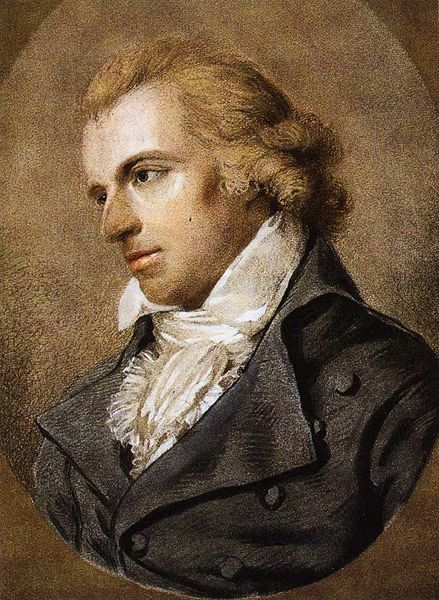
He was a German poet, playwright, philosopher and historian. He is considered the most important playwright in Germany, many of his plays belong to the standard repertoire of theater in German, and his ballads are among the most beloved poems.
TOP 13:
Bertolt Brecht.
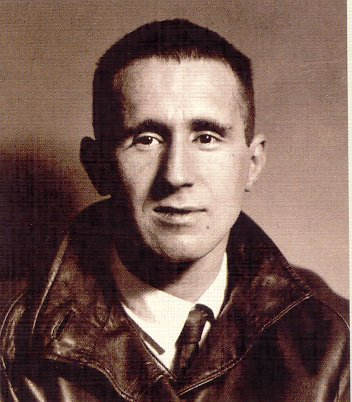
The Brechtian theater is created for an intellectual audience; He does not write entertaining stories that involve the viewer, nor was it his intention. In fact, it seeks the distancing with respect to the character, it is, therefore, a theater of difficult access, which is necessary to put in its literary and historical context, Brecht's gaze is hard, deeply pessimistic, unbelievable, cold, as participating in the distancing that preaches for the spectator, in addition, conceives the theater as an instrument to transform the world, which prints a marked didactic character to his works: something that can be annoying for the fan of a less militant theater
TOP 12:
Martin Luther.
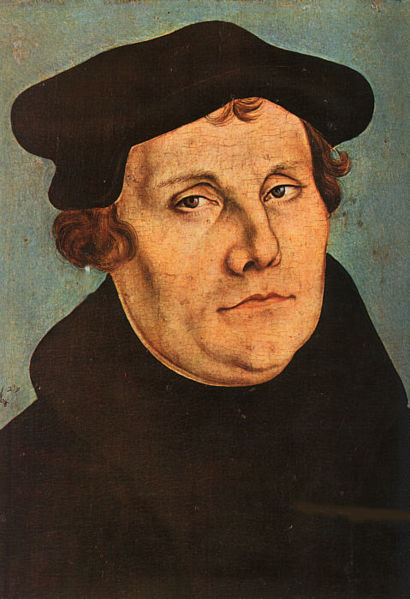
Martin Luther, was a theologian, Augustinian Catholic friar and German religious reformer, whose teachings inspired the Protestant reform, inaugurated the theological and cultural doctrine called Lutheranism and influenced the other Protestant traditions. his exhortation for the Church to return to the teachings of the bible prompted the transformation of Christianity and provoked the counter-reform, as the reaction of the Roman Catholic church to the Protestant reform is known
TOP 11:
Thomas Mann
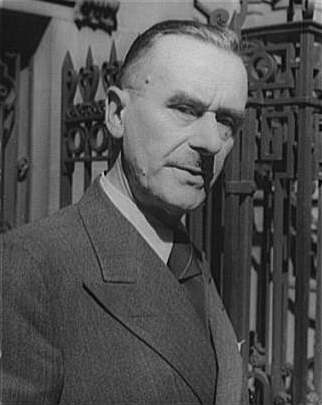
his best works are: death in venice, the magic mountain, the black swan, sea voyage with don quixote and mario and the magician.
TOP 10:
Grimm brothers
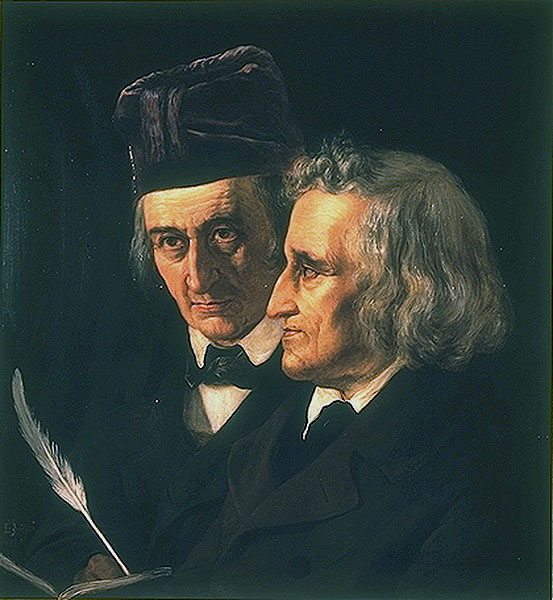
Jacob and Wilhelm Grimm, were not limited to collecting stories, but also extended to teaching and language research. His studies of the German language are an important part of the further development of linguistic study (such as Grimm's Law), although his theories about the divine origin of language are not widely supported today. In addition to their fairy tales, the Grimm are also known for their work Deutsches Wörterbuch, a dictionary in 33 volumes with etymologies and examples of use of the German lexicon, which was not completed until 1960. They also published a commented selection of Spanish romances entitled “ Silva of old romances "
TOP 9:
Martin Heidegger
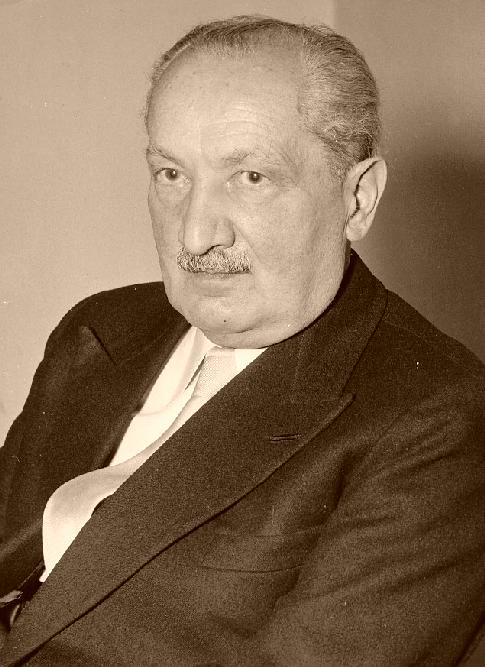
He introduced Friedrich Nietzsche in academic philosophy. It is celebrated mainly for its Original, Dark and almost Mystical Thought. It influenced the entire Philosophy of Existentialism of the twentieth century and for its great contribution to the Linguistic Turn that has transformed philosophy
TOP 8:
Georg Hegel
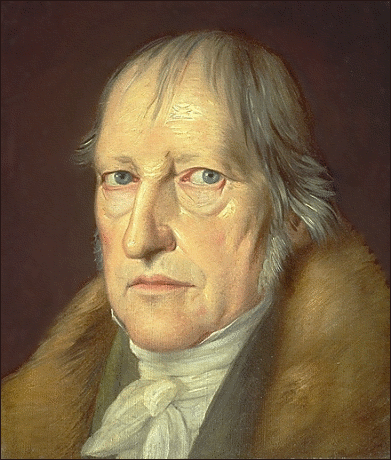
His main works are: phenomenology of the spirit, science of logic, encyclopedia of philosophical sciences, and elements of the philosophy of law.
TOP 7:
Arthur Schopenhauer
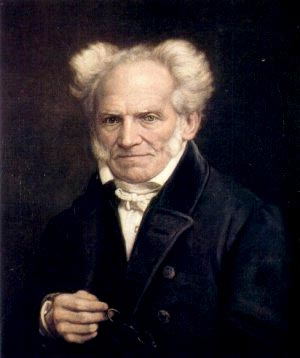
His best works are: the world as will and representation, parerga and paralipomena, about vision and colors, the two fundamental problems of ethics, and about will in nature.
TOP 6:
Anna Frank.
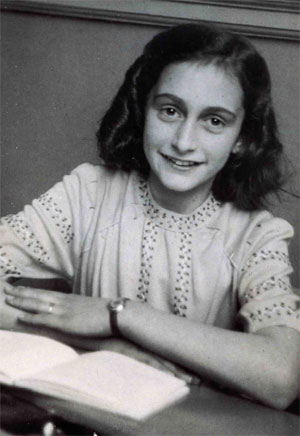
Anne Frank was a German Jewish girl, who recorded in her diary of her experiences in a loft built in an office building, while hiding with her family from the Nazis in Amsterdam during World War II.
TOP 5:
Immanuel Kant.
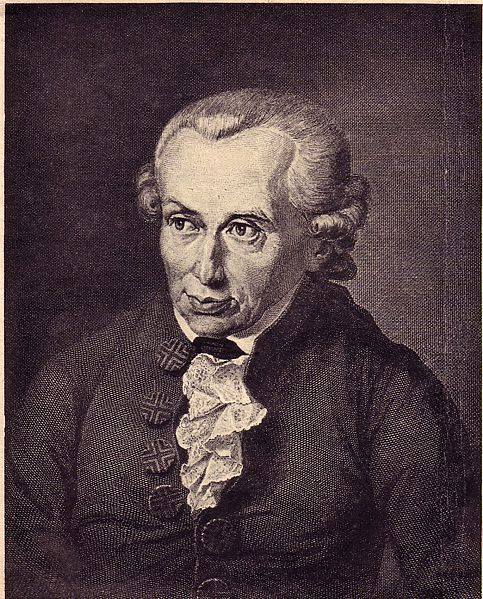
His main works are: observations on the feeling of the beautiful and the sublime, criticism of pure reason, foundation of the metaphysics of customs, criticism of practical reason and criticism of judgment.
TOP 4:
Johann Wolfgang von Goethe.
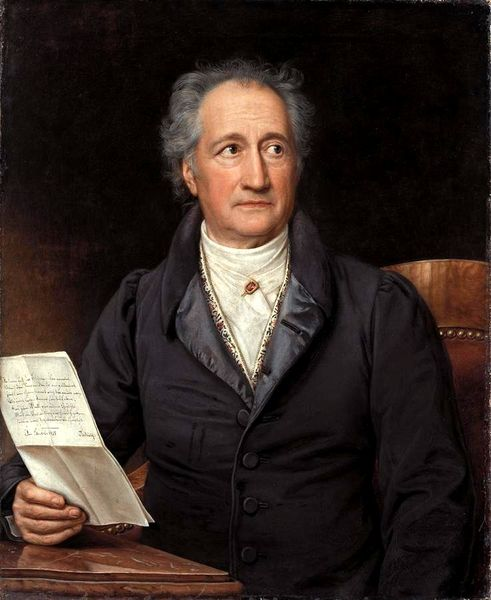
His main works are: Faust, elective affinities, Stella, the misadventures of young Werther, Torquato Tasso, and Roman elegies.
TOP 3:
Hermann Hesse
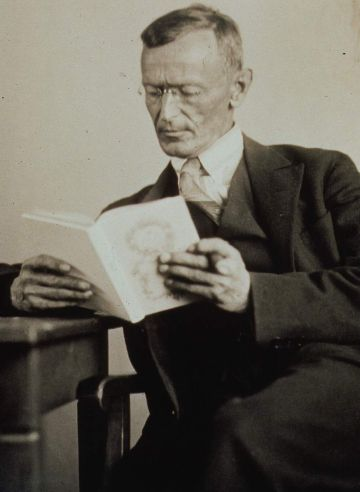
His main works are: the steppe wolf, demian, siddhartha, daffodil and goldmundo, the game of beads, and tragic.
TOP 2:
Karl Marx.
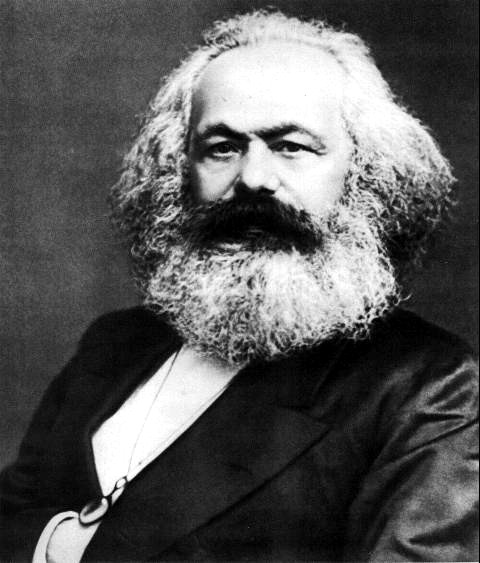
Some of his works are: capital, salary price and profit, German ideology, communist manifesto, the misery of philosophy and on the Jewish question.
TOP 1:
Friedrich Nietzsche.
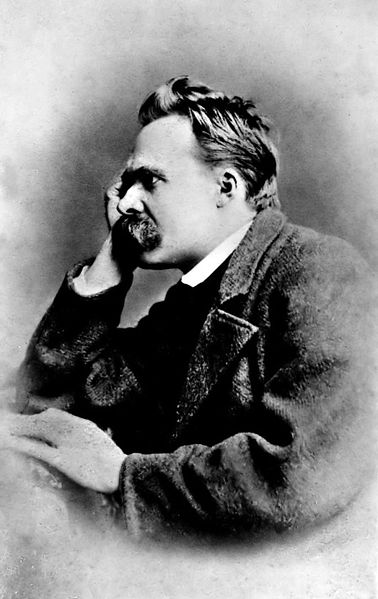
Some of his works are: Homer and classical philology, the birth of tragedy in the spirit of music, the antichrist, human too human, the genealogy of morals, the twilight of idols, and ecce homo.

